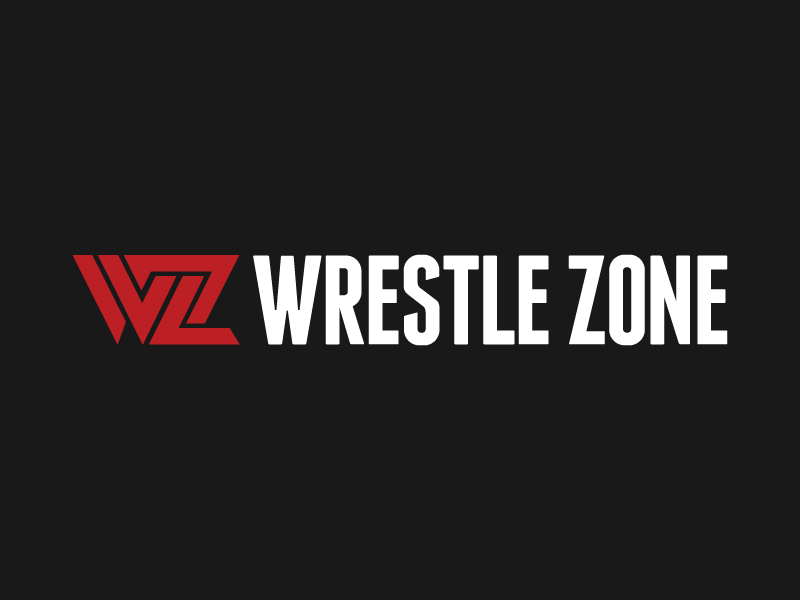Infinity is the most frightening concept for a human to ponder. For us to function we must work within boundaries, know where to begin and know where to end. Infinity deprives us of this control, its magnitude so overwhelming that it forces individuals to realise their insignificance in the grand scheme. This could potentially be a cause for anxiety in the average joe on a daily basis, which it does in the realm existentialism, but we as a race have created our own parameters and limits to infinity to prevent this. The most holy of entities, Gods, embody the idea of infinity, yet still give individual importance and overseeing of each citizen. They remind us that we are powerless in comparison to the infinite, yet reassure us that we are all significant despite this.
Below the infinite there is a hierarchy of sorts, where everyone is slotted into a food chain of control, beginning with the most powerful, world leaders, and working down through corporate CEOs, the wealthy, the middle class, ending in the impoverished. It’s oft mentioned and criticised that this class distinction is also prominent behind the scenes of professional wrestling, there are those in ultimate control, those seeking authority, and those who are powerless. But this system, a small-scale version of the medieval Great Chain of Being, is not exclusive to the squared circle, but rather commonplace to all businesses and even communities. It stems from humans’ instinctual thirst for order, the need to know where they fit in and their function, or as The Rock would say, to know their role. Any group of structured individuals that is formed follows the same model, even the smallest of organized societies, ant farms, operate within a hierarchy of control.
So while Internet wrestling fans are forever denouncing backstage powerplays, the community itself is structured in an identical fashion.
Within the Internet wrestling community there are the controllers, the followers, the commoners and the subsequent social ranking, essentially identical to the structure of any business or population. Including professional wrestling and the backstage antics that come under regular scrutiny. In a twist of irony, the Internet wrestling community is little more than an online microcosmos of what goes on behind the scenes of a major promotion, writing replacing actual wrestling. So, those who disapprove of backstage politics, and the “glass ceiling” that supposedly exists, are indirectly berating the same community arrangement that offers them a platform to publicise such opinions and criticisms.
For example, the invisible figureheads of the Internet wrestling “world” are the various webmasters, acting as those in ultimate control, at the apex of the feudal pyramid. Much like the corporate directors of major wrestling promotions, they exist in the background with a silent yet infallible control over anything that occurs, only making their presence felt when they have to directly intervene in affairs, which is rare. Furthermore, their strictly administrative role distances them from the politicking and in-fighting, making the power they possess obsolete on an individual basis, leaving the second in rank to oversee verbal clashes, a role satisfied by road agents and veterans of the company. The chief role of the administration is not to be involved in affairs, but rather to offer an arena for the community to exist, a common figurehead for each member to answer to. This behaviour can be seen embodied in Vince McMahon as well as the various webmasters who create and run the websites that combine into the Internet wrestling community.
While the top of pyramid is reasonably simply to identify, the subsequent positions below are not so easily defined. Just as there are in a wrestling promotion, an extensive roster of talent perform a certain roles, each of importance, yet not all of the same value. What would best be likened to the veteran competitors, are the writers who have established themselves over the course of years, talented or not, they have earned respect, which consequently grants them a greater standing and influence in the social order. Think Undertaker, Ric Flair, Triple H, whose commitment to the sport have allowed them a superior role in the promotion, leading them to be criticised for abusing their power backstage in holding down young stars and creating a ‘glass ceiling’. Similarly, well-known columnists are granted a greater influence through their opinions, reinforced by the respect of the community.
But, just as in a wrestling promotion, for every one seasoned columnist there are five eager young guns waiting to scale the social ladder to the same great heights. The midcard of the Internet wrestling community is swollen with undeniable talent who at any moment could breakthrough to main event status, just as Christian, Shelton Benjamin, and Booker T tussle each week, performing excellently, crowd favourites, but still hindered by the stigma that they aren’t “main event material”. However, it only takes one shining moment where such a writer transcends the upper middle, to the near top, as achieved by Chris Benoit and Batista in their respective Wrestlemania championship wins. However, unlike professional wrestling, the Internet writing community does not have the wide gap between main event and midcard, instead excellence is encouraged by both parties towards one another. Although, on occasion, a middle rank writer can grow weary of being stuck in stasis, not progressing or evolving, leading them to lash out at those above them be it through vocal arrogance or the verbalizing of their dissatisfaction. This ‘midcard anxiety’ happened to Chris Jericho when he threw a tantrum during a match in WCW, and also Christian and Jeff Hardy (among others) who simply left in protest. It is astonishing how closely the columnist community can mirror the company they dissect and analyse regularly.
Further towards the bottom of the social pyramid are the development talent, the dark match wrestlers, the guest writers, those seeking to cement their name in the business through sheer willpower and perseverance. It is a stage that every star must pass through, a rites of passage, which opens into the world of true competition and recognition. Some excel and move on fluidly, others are rejected at first, returning later to break through, and there are those who never make it, both in wrestling as well as writing.
But active writers only contribute to a very small percentage of the Internet wrestling community, the vast majority are fans, those who speak and discuss the business without being officially classified as writers. This fanbase makes up the solid foundations of the social pyramid. In terms of professional wrestling, this role is filled by all those that participate in professional wrestling without being in one of the few mainstream promotions, for example independent workers, trainers, and even backyard wrestlers. Such ‘citizens’ of the professional wrestling community function to ensure that the sport remains alive and well, contributing to the sport as whole by supporting it, but not necessarily directly having any influence on the dominant companies. In the same way, Internet fans give the community its numbers, but more significantly, its purpose. The fans represent the common interest of wrestling and the free speech that allows them to discuss it on end with others who are there for same reason. They have no incentive, except the expression of their own opinion. One less Internet fan would go unnoticed, but no internet fans at all would remove the audience that the writers put pen to paper for, and subsequently eliminating the reason for their existence. Marking the extinction of the community. The indy workers, trainers and backyarders do the same, without them, the major promotions have no new talent, fans, or community involvement in the sport, making wrestling more a weekly television program than an American family tradition. Most importantly, both represent the true essence of writing and wrestling, the involuntary instinct to engage in the activities, not for a pay-off, not for respect, but rather to feel as though they are part of a community in which they value.
In a sense, it was inevitable for fervent wrestling fans to base their community on the sports entertainment they are devoted, but is it a case of homage, or vicious irony, becoming what we hate the most? Sadly, it’s neither, just the way the whole world is structured, in fact professional wrestling is modeled on the structure of big business, which is derived from a social order that has been evolving since humans first awakened. In knowing this, constantly condemning ‘glass ceilings’ and stars being ‘held back’ seems rather redundant, because such occurrences are not exclusive to Triple H and Jeff Jarrett, nor are they exclusive to professional wrestling, in fact they are ingrained aspects of the world. A world that socialism attempted to change and failed, hence we’re stuck with it. Whenever a talented star does not rise to the top, or a competitor is prematurely fired, it’s not the top of the food chain who are responsible, but rather human nature itself, the only thing that we as wrestling fans are unable to change.
If you’d like to contact me, my email address is [email protected].
Over and Out
The Butcher








